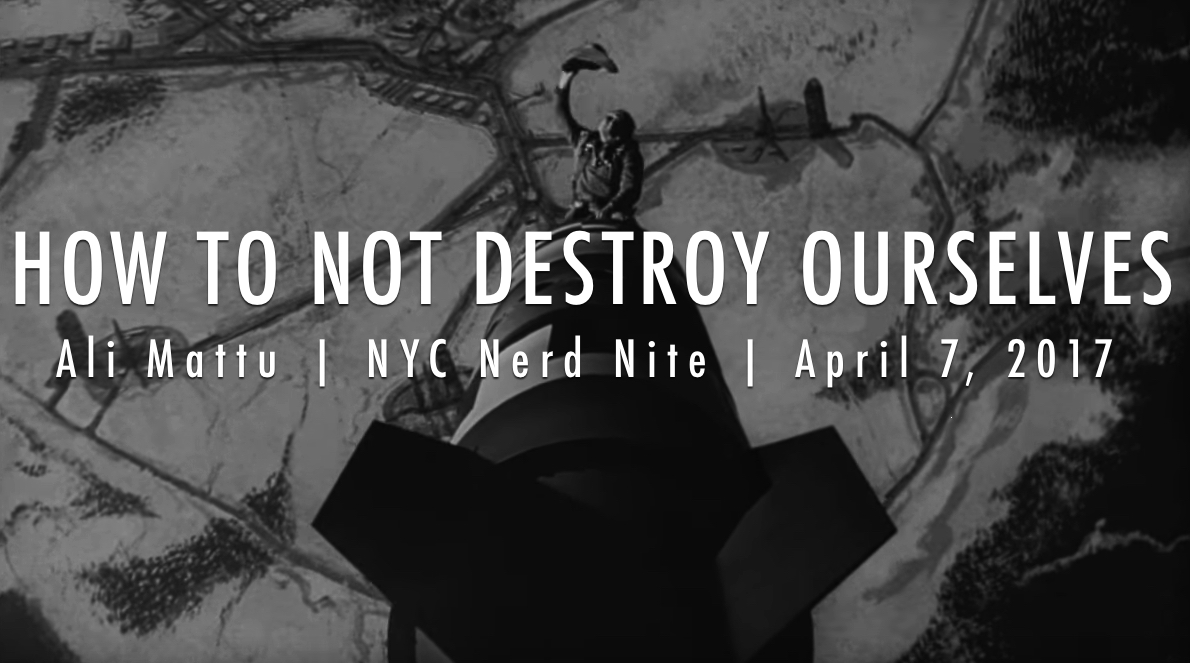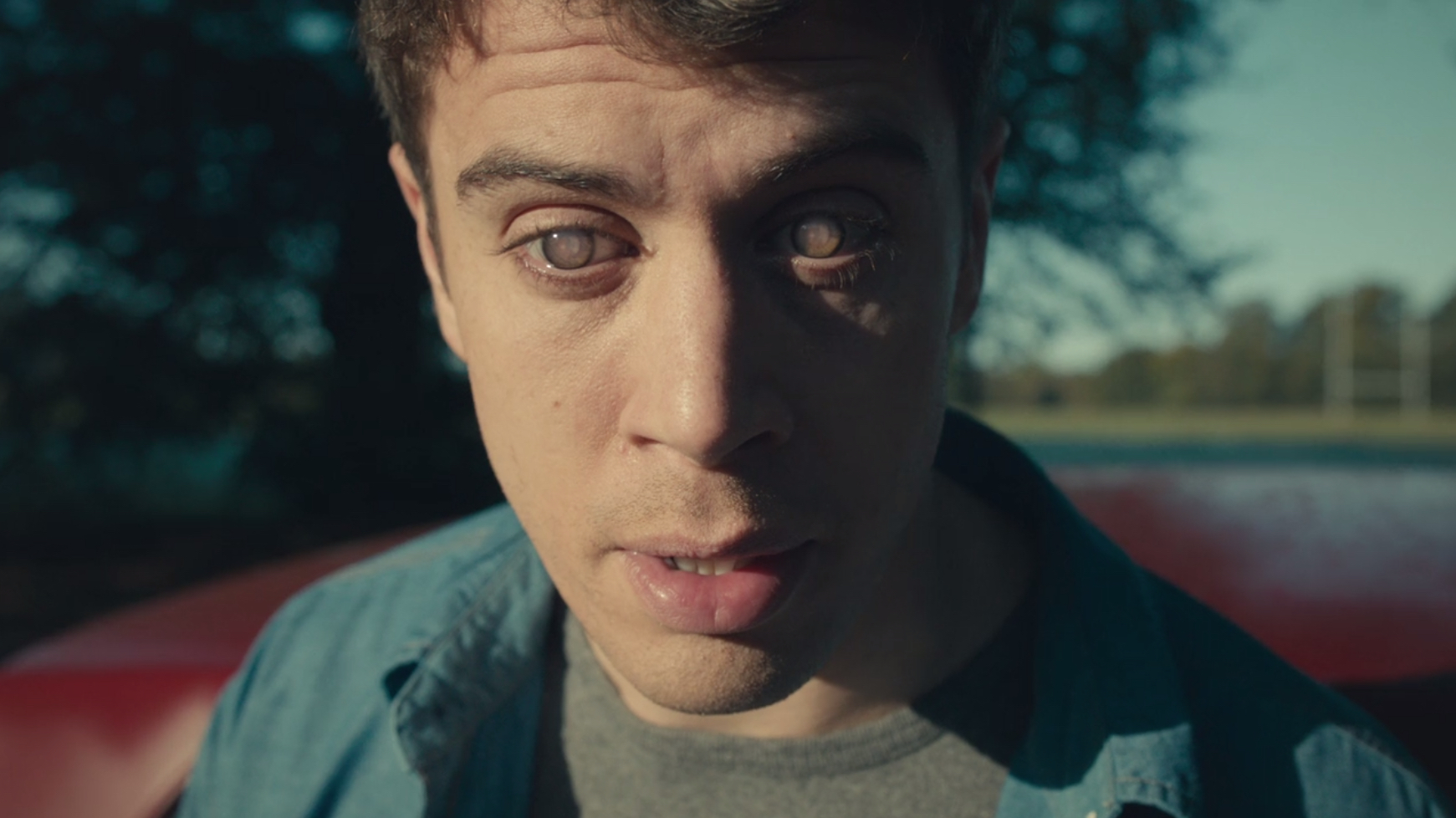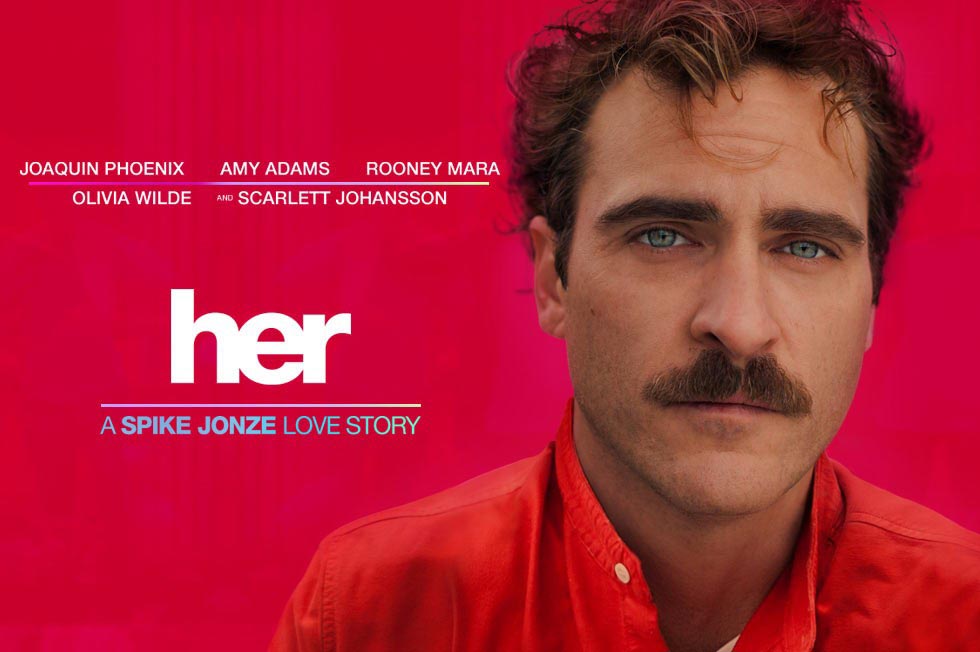Samantha is also built in a way that makes it easy for humans to interact with it. Masahiro Mori, a pioneer in the field of robotics, discovered something called the uncanny valley – a feeling of disgust when robots get close to human appearance but fail to achieve it. Remember the creepy feeling you got when you watched the CGI Tom Hanks in The Polar Express? That’s the uncanny valley. Why do we experience this? Probably to protect us from illnesses that can come from corpses (which is why zombies are so scary). Even though there is some debate about the degree to which the uncanny valley still exists, most engineers have followed Mori’s original advice – avoid the uncanny valley altogether and go for non-humanoid designs.That’s why Samantha doesn’t have a human avatar face. Same is true for Siri and Google Now – both avoid the uncanny valley.
I see a big market for a product like OS1. Regardless of where you are on the introvert/extrovert spectrum, the brain is wired for social interaction. Social psychologist Matthew Lieberman describes it like this: “Evolution has made a bet that the best thing for our brain to do in any spare moment is to get ready for what comes next in social terms.” That's one reason why interacting with others is so rewarding and why we keep responding to texts and checking Facebook. Not only is engaging in social interaction important, but feeling isolated has major consequences for our health. People who are struggling with loneliness feel threatened for long periods of time, which triggers the flight or fight system and shuts down the immune system. Loneliness can lead to depressive symptoms, increased blood pressure, longer recovery from diseases, and even mortality. An artificial intelligence like we see in Her could help people with loneliness learn how to better interact with others (sorta like what happens to Theodore). It could also help astronauts, similar to Moon and 2001: A Space Odyssey (except not scary).
My only criticism of the film (besides the fact that future LA has lost all of its Latino community) is Her doesn’t deal with any of the societal implications of true artificial intelligence. Intelligence explosion begins – humans create software that can independently develop new generations of improved software. The technological singularity occurs and artificial intelligence exceeds human intelligence. Scientists and science fiction authors have both theorized that a singularity event could be one of the most important events in human history. But in Her, nothing happens. No one’s celebrating the achievement of OS1, protesting its release, or debating the ethics of creating sentient artificial life. Maybe Jonze believes we're so desensitized to technology that the development of artificial intelligence will be as expected as the release of a new iPhone, or perhaps he just wanted to tell a more intimate story.
I saw a lot of science fiction movies in 2013. Most were fun, some thought-provoking, but none as approachable, relevant, and psychologically complex as Her. The acting, score, cinematography, and direction are as close to flawless as you can get. There's much more I want to say about Her, especially how it relates to the psychology of love, but I need to see it again because I'm still sitting with the emotions it generated on my first viewing.
Rating: 9/10
I like what AV Club had to say about Her and also enjoyed The Atlantic’s breakdown of the film’s aesthetics. Slate was right on with their criticisms. The Mary Sue has an interesting critique of the Samantha's gender.















